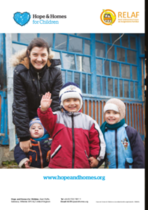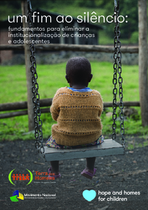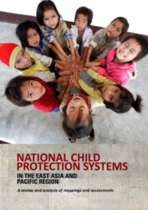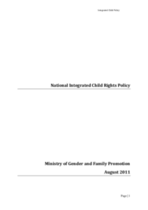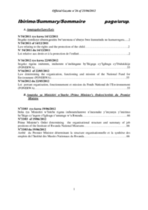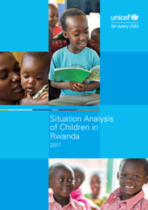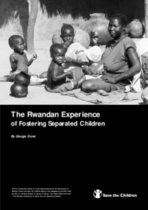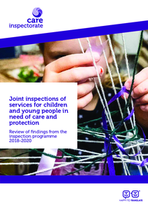Transitional patterns when leaving care – care leavers' agency in a longitudinal perspective
Based on three waves of semi-structured interviews, this longitudinal qualitative study aims to understand the transition from out-of-home care (OHC; foster care, residential care) to independent adulthood, for a group of Swedish care leavers aged 16 to 20 years.

